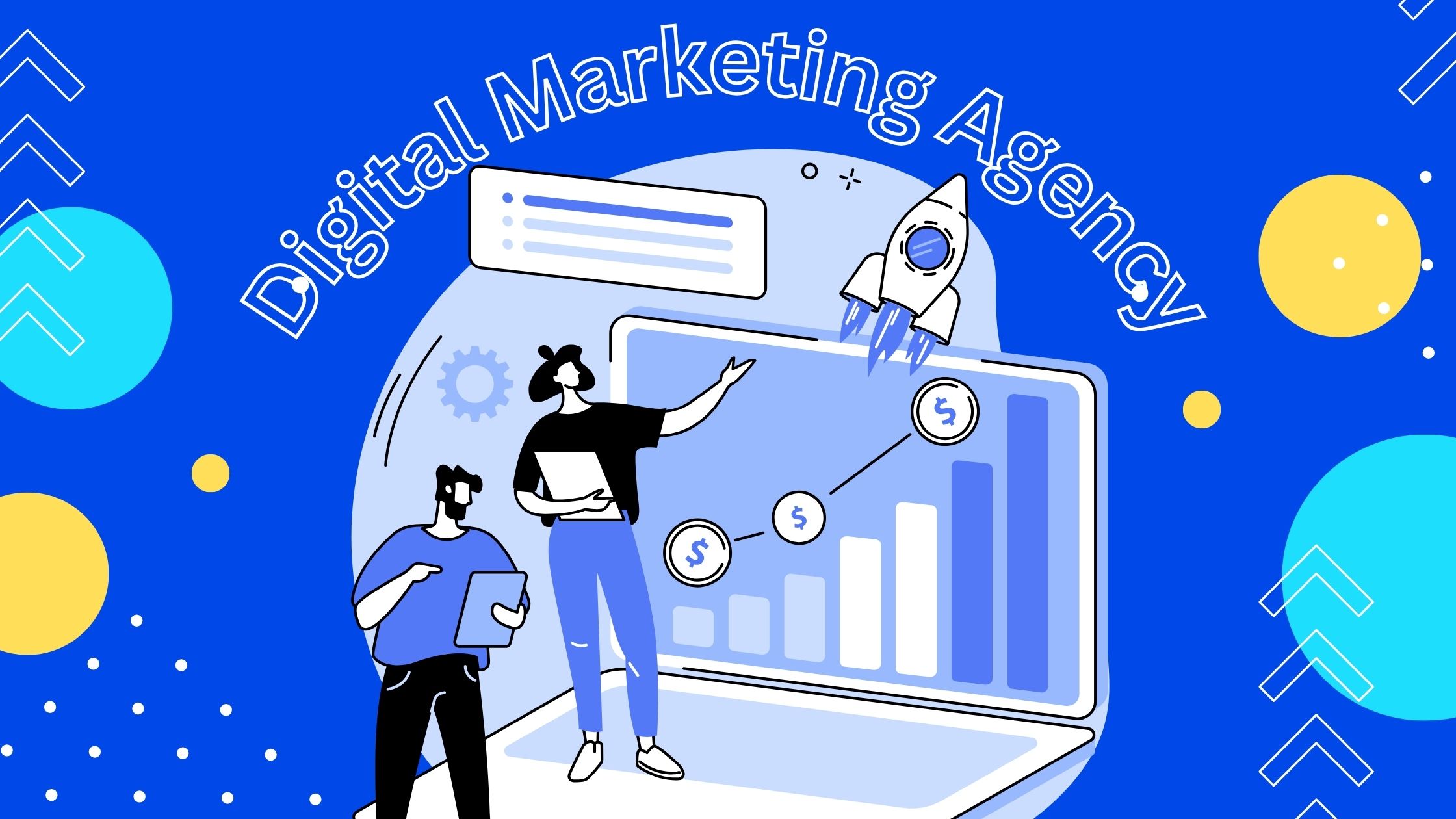Social Media Marketing Agency Secrets: Strategies to Maximize Engagement & Sales
In today’s digital landscape, businesses must maintain a robust online presence to stay competitive. Partnering with a social media marketing agency can help brands leverage the power of social platforms to enhance visibility, drive engagement, and increase conversions. This article will guide you through the benefits, key considerations, and top agencies to consider when selecting the right partner for your business. Why Partner with a Social Media Marketing Agency? In today’s digital landscape, businesses must leverage expert social media strategies to maximize engagement, enhance brand visibility, and drive sustainable growth through data-driven marketing techniques. Expertise and Industry Knowledge A social media marketing agency consists of professionals who specialize in crafting innovative and data-driven marketing strategies. They understand evolving trends, and audience behaviors to create compelling campaigns that yield high ROI. Time and Resource Efficiency Managing multiple social media accounts requires consistent effort, creativity, and monitoring. Agencies have dedicated teams to handle strategy, content creation, paid advertising, and analytics, freeing up your internal resources. Access to Cutting-Edge Tools and Technology From AI-driven analytics to automation tools and predictive modeling, agencies utilize advanced technology to optimize campaigns, track performance, and enhance engagement rates across various social media platforms for sustained growth. Data-Driven Decision Making Agencies rely on advanced analytics, AI-driven insights, and continuous performance tracking to adjust strategies in real time, ensuring campaigns meet KPIs, drive engagement, and achieve maximum effectiveness across all social media platforms. Enhanced Brand Engagement and Reputation A well-crafted social media strategy improves brand engagement by fostering customer interactions, building trust, and increasing brand loyalty. Agencies use creative storytelling to position brands effectively and maintain a strong reputation. Key Factors to Consider When Choosing an Agency Selecting the right social media marketing agency is crucial for business success. Consider factors like expertise, communication, and scalability to ensure they align with your long-term growth objectives. Proven Track Record and Case Studies A reliable agency should have a strong portfolio showcasing their past work across industries. Detailed case studies highlight their success in executing data-driven campaigns that yield measurable engagement and conversion results. Look for agencies with a strong portfolio, showcasing their past work with diverse industries. Industry-Specific Expertise Some agencies focus on specific industries like eCommerce, healthcare, or SaaS. Finding an agency with experience in your sector ensures they understand market trends and craft highly targeted marketing strategies. Some agencies specialize in particular sectors like eCommerce, healthcare, Finding an agency with experience in your niche ensures a tailored approach to your marketing needs. Comprehensive Service Offerings A full-service social media marketing agency offers essential services beyond content creation, such as paid advertising, influencer marketing, social media analytics, and video production to enhance brand visibility and audience engagement. A full-service social media marketing agency provides services beyond content creation. Strong Communication and Collaboration Effective agencies prioritize transparent communication, provide regular updates, and encourage client feedback. Their ability to collaborate ensures marketing efforts remain aligned with your brand’s goals and evolving needs. Transparency and clear communication are vital. Ensure the agency provides regular updates, detailed reports, and is open to feedback. Scalability and Flexibility Your business will grow, and so should your marketing strategy. A flexible agency can adapt to new trends, expand services, and optimize campaigns to sustain long-term brand growth and success. Your business needs will evolve. Partner with an agency that can scale with your brand and adapt to changing market conditions. Key Advantages of Social Media Marketing Social media marketing helps businesses expand their reach, engage customers, and drive sales by leveraging data-driven strategies and innovative content approaches for maximum impact. Increased Brand Awareness Social media platforms expose businesses to a broader audience, strengthening brand recognition, credibility, and trust through consistent content, targeted advertising, and interactive customer engagement strategies. Higher Customer Engagement Engaging content fosters direct interaction with customers, enhancing relationships, improving brand loyalty, and encouraging user participation through comments, shares, likes, and real-time conversations. Cost-Effective Marketing Strategies Compared to traditional advertising, social media marketing offers affordable solutions, maximizing ROI through precise targeting, organic content, and data-driven performance analytics. Improved Website Traffic Sharing valuable content and strategic call-to-actions on social platforms directs users to business websites, boosting traffic, conversions, and overall online visibility. Measurable Performance and Insights Advanced analytics provide real-time insights into audience behavior, campaign effectiveness, and engagement trends, helping businesses optimize their strategies for continuous improvement. How to Get Started with a Social Media Marketing Agency Define Your Goals Determine whether you aim to boost brand awareness, generate leads, or increase sales. Set a Budget Outline how much you’re willing to invest in social media marketing. Evaluate Proposals Compare agency proposals based on services, pricing, and expected results. Request a Strategy Session Have a discussion with the agency to assess their expertise and approach. Monitor Performance Metrics Ensure key performance indicators align with your business objectives. Conclusion Investing in a social media marketing agency can transform your brand’s online presence, increase engagement, and drive significant revenue. Whether you’re a startup or an established enterprise, choosing the right agency ensures your marketing efforts are strategic, data-driven, and optimized for success. For tailored social media strategies and expert digital marketing solutions, visit Blogrator Web Service today! FAQs How do agencies measure the success of social media campaigns? Agencies track key metrics like engagement rate, conversion rate, click-through rate , and return on ad spend. Can a social media agency help with brand reputation management? Yes, agencies monitor online conversations, respond to comments, and manage crises to maintain a positive brand image. How long does it take to see results from social media marketing? Organic strategies may take 3-6 months, while paid advertising can generate quicker results within weeks.





